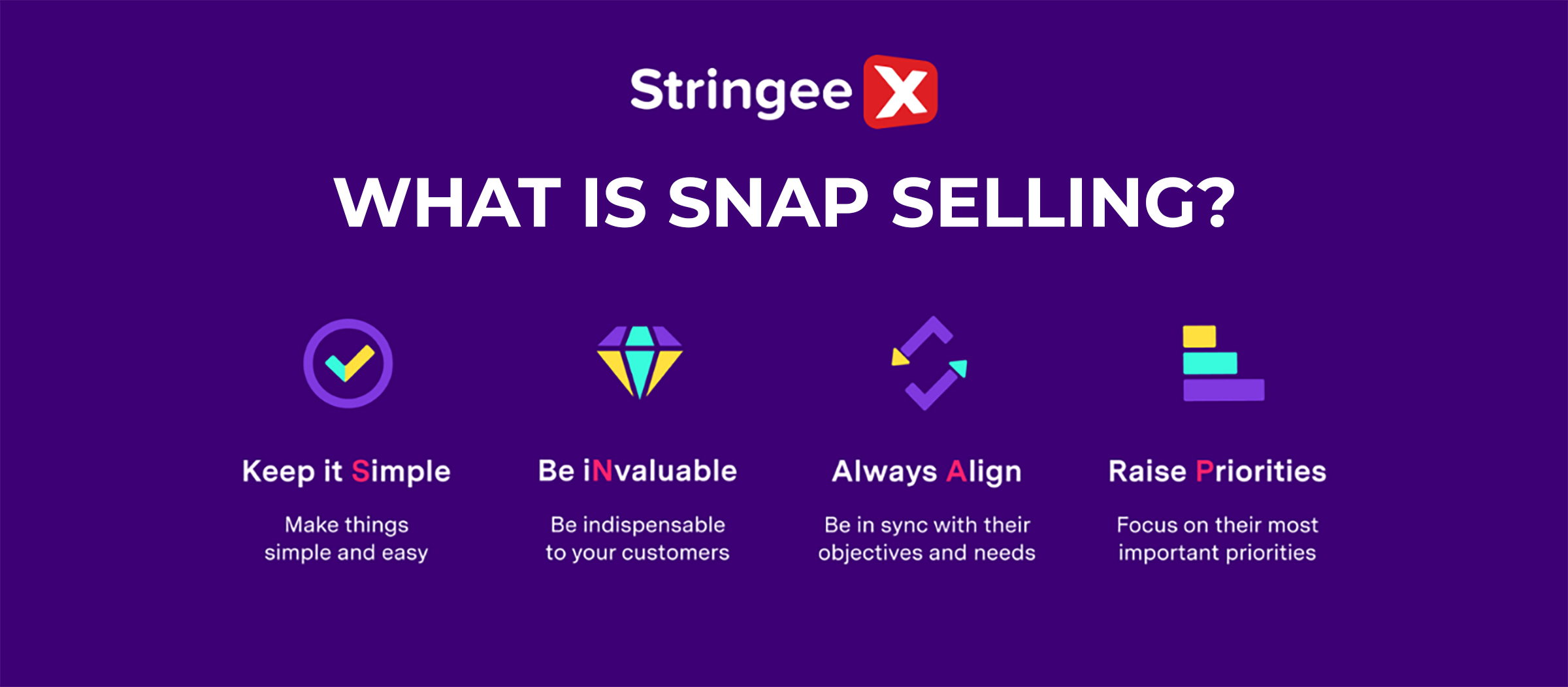A call center agent must have several soft skills to deliver the best performance while dealing with customers.
The best call center representatives are more than just good talkers with access to pertinent client data. They go above and above to completely delight callers, gaining their loyalty to the brand they represent through repeated business.
Below, we've compiled a list of some of the most essential call center agent skills. Find out what they are and why they matter by reading them.
What Makes A Good Call Center Agent?
Effective call center representatives exhibit competence in both hard and soft skills. Hard skills also include the usage of the technology and software needed to perform their duties as well as the ability to follow the rules, policies, and procedures that were covered in their training.
Being excellent in using a call center or contact center like StringeeX is the top priority for agents to work effectively.
Soft skills involve a customer-centric attitude, clear communication, active listening, organizational skills, multi-tasking, patience, empathy, and resilience. With these skills in hand, call agents can definitely deliver the best service for their customers.
Essential Call Agent Skills For The Success Of Customer Service

A Customer-centric Attitude
A customer-centric philosophy is crucial for each company to adopt and train its employees to have the corresponding attitude. In other words, employees should constantly approach customer interactions from customers’ perspectives and serve in a way benefiting them, not just for a brand.
The following actions can be considered a customer-centric attitude: expressing a goodwill gesture after a bad experience, providing a customer with a better delivery alternative, and adopting a tone validating the customer’s feelings.
Clear Communication
It's crucial to have effective communication skills. The company should train agents to communicate with customers both gently and confidently to balance a professional and friendly attitude.
An effective method to communicate with customers clearly is to develop call scripts. So that all agents can have a standard guideline to deal with customers case by case. The company can also invite agents to contribute to how to customize these scripts.
Besides, the company and agents should think about the following things to train and learn effective communication skills with customers:
- Volume
- Pace
- Expression clarity
- Tone (either friendly or approachable)
- Sentence construction & grammar
- Word choice
Active Listening
Clear communication abilities go well with the capacity to pay close attention to consumers when they explain their problems. By actively listening, the agent can ensure that no crucial information is missed during the dialogue.
Maintaining eye contact and expressing openness with your body language are essential components of traditional active listening. Otherwise, communication via audio or video calls requires difference actively listening skills including:
- Asking for clarifications
- Being flexible to help customers communicate easily
- Recap customers’ issues for a sound understanding
- Avoid interruptions such as pointless inquiries
Organizational skills
Data is crucial to today's call centers because it helps them refine their processes and nurture leads in addition to helping them discover customers to call. Therefore, especially if you use a CRM, your agents must understand the significance of correctly wrapping calls.
That’s why agent organization skills are essential. Without these skills, agents can get messy and disorganized easily and not jot down the necessary information.
Your reports won't accurately reflect the results your team actually achieved, for instance, if your person immediately answers a client question but forgets to close the issue.
Multi-tasking
Typically, an agent may handle 30 to 50 leads/tickets at once in the contact center. Many of these will be put on hold for most of the time they are active. Being able to quickly change one's focus is necessary while managing so many contacts at once.
The level of multitasking, especially in inside sales, is astounding. In one hour, an associate might contact one person, email three others, perform a demonstration, and plan a presentation strategy with their team. To keep up with the work speed, agents need time to practice and organize tasks efficiently.
Patience
Excellent customer service requires patience. The agents must have the patience to stay on the line and fully address the customer's concerns rather than offering a quick resolution. First Contact Resolution is a KPI that ensures that the issue of the caller is properly resolved on the first contact, making a better customer experience.
Additionally, it takes patience to try to figure out what a lead or customer genuinely needs or wants. Frequently, it won't be fully described the first time, therefore your representative will need to ask numerous follow-up inquiries to understand how they can assist.
Empathy
It’s crucial to understand customers’ needs to help agents provide the best solution for them. Hence, empathy is another essential skill the call agents should have. The agents can only provide the contact with the answer most likely to meet their needs if they put themselves in customers’ shoes.
This skill is helpful in managing customer escalation. To achieve the calm resolution you seek as a manager, an agent must be able to identify the root of a customer's annoyance.
Resilience
The likelihood of a decent conversion rate for a specific campaign if you use outbound contact is anywhere between 2 and 10%. This indicates that the proposal from your agents will receive a "no" response from 90–98% of respondents.
These kinds of disappointments will call for a great deal of resiliency, regardless of whether someone declines on the first contact or a lead decides not to move forward after two months of interactions.
The ideal agent learns from their mistakes and gets better the following time around rather than simply forgetting their losses. They do not, however, allow their mistakes to dictate their performance going forward. In many cases, an agent has limited control over a lead's decision to back out of a contract because of uncontrollable external factors.
Wrapping up
We’ve summarized 8 essential call center agent skills above to help companies know which skills to train their agents and also assist agents in improving the skills.










